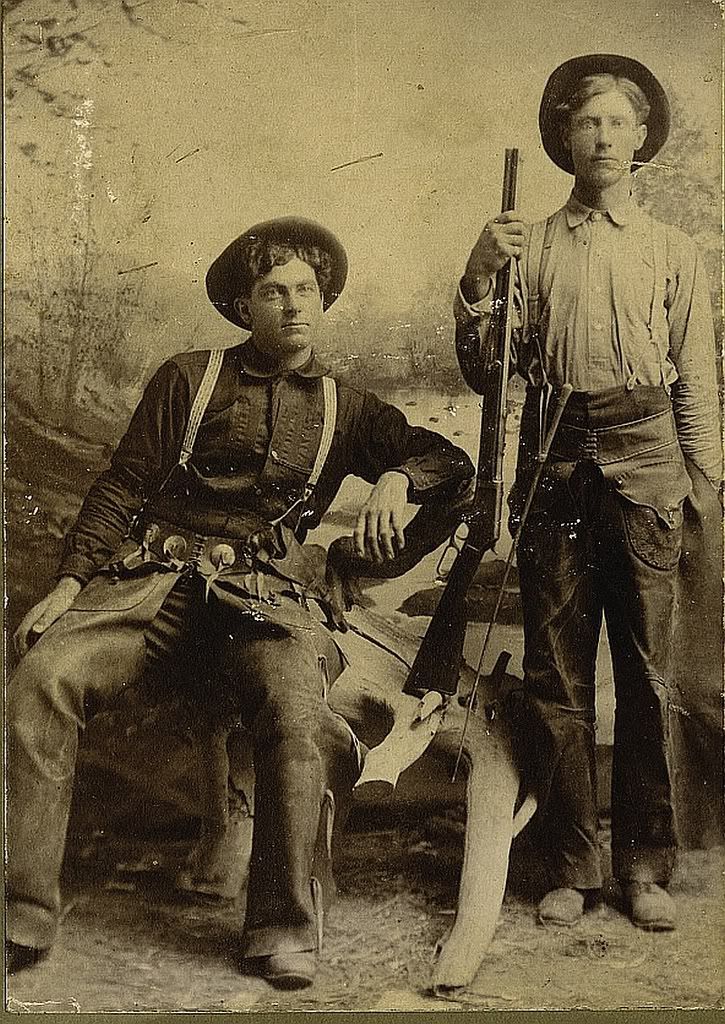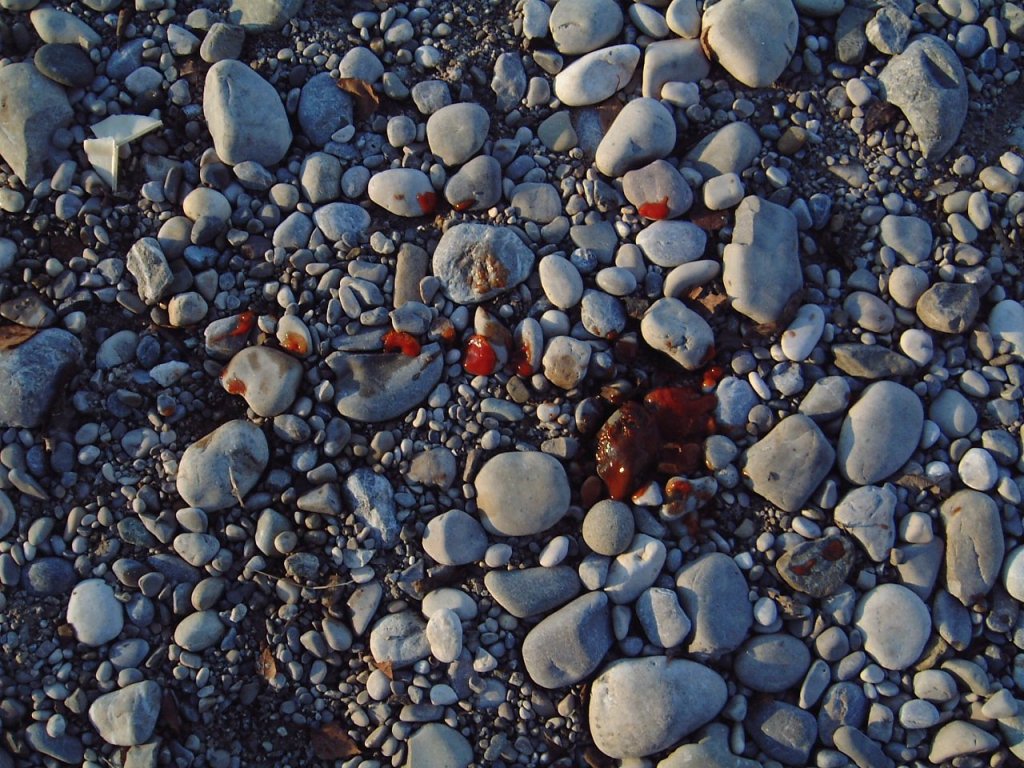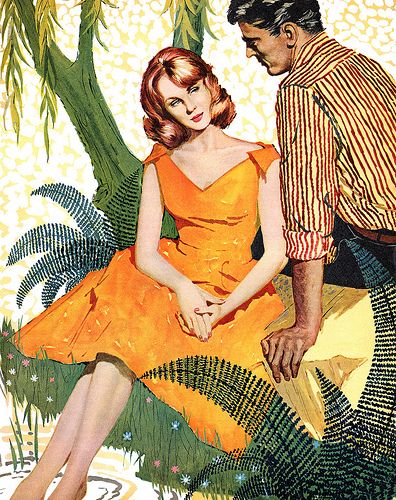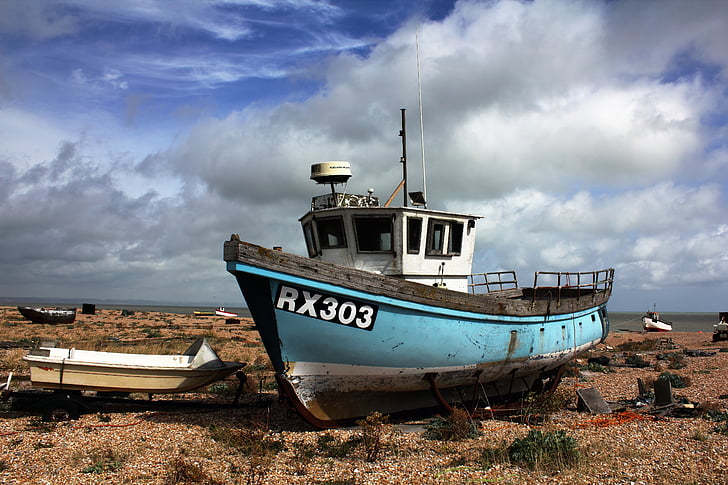A brief scene of combat between Marsippius Nicea (the de facto commander of the Byzantine special forces team the Basilegate) and a creature he has never before encountered.
This creature had been attempting to ambush Marsippius as he traveled alone through unknown territory but Marsippius observes him first and sets for personal combat.
From one of my Other World novels.
This is the second draft of this scene.
_________________________________________________
Marsippius bent his stave so fiercely that the bow seemed to double backwards like the horns of a fresh waxing moon, halving in height while multiplying many times in deadliness. He drew the shaft end all the way back past his furthest eyesight, feeling the soft fletching touch his ear like the passing wings of a fleet bird of prey at the final swoop. His left arm held steady being guided by the narrowing of his sight, the subtle turn of his stance, and the short hold of his breath. The spine of the shaft seemed perfectly still and straight, being of Eldeven make, and nearly perfect in heft and balance, and absolutely square and true in line. It was a killing shaft, an instrument of unfettered war and swift death, and he meant to use it as such, having been trained by the Sidèhl themselves in its best and most effective use. Both stave and shaft had been made for him, and he alone, presented as personal presents for his leal and long service to the Kitharians and the Samarl of Samarkand, and he had high faith in their making and great certainty in their sharpness and surety of purpose.
The creature came on in a rush, howling and growling all at once, its unnatural darkness and emanations of malice preceding it like an angry stormcloud swelled with preternatural fury. It ran in a lope, explosively at each new stride, seeming to leap both upwards and outwards to cover great distances as it moved in a bizarre, uncanny, and unsteady gait. Yet on it came, eerily but surely, 120 feet away, 100 feet away, 80 feet away, 60 feet away, and then Marsippius loosed his arrow. The shaft sped ahead a few feet into the open space before him, quivering and twisting in the air as it too lept forward uncannily, and then the shaft disappeared from sight as if Marsippius had loosed a thunderbolt, and not a crafted shaft of mortal make.
Marsippius saw nothing of the arrow’s flight but the shaft reappeared almost instantly, buried deep within the monstrous folds of fat and muscle that were the thing’s lower belly. It howled anew, grunted ferociously, twisted in its wild careen, fell sidelong with its massive and hairy arms outstretched to try and absorb the blow it would feel as it crashed to the broken ground in a wreck. The black soil churned when it struck, and a cloud of dark debris exploded violently at the impact. The thing rolled catastrophically, filling the air with guttural and awful noises, and screaming unknown curses in an unknown tongue. If it was a tongue, and not the signaled sound of diseased damnation spout out from the ugly mouth of hell. The creature rolled out lengthwise and then stopped moving.
Yet only for a moment.
Then it twisted away from the earth as if the ground underneath offended it, stood to one knee, and ponderously, painfully, used its powerful hands and forearms to rise once more to its monstrous height.
Marsippius bent forward slightly and quickly plucked another upright arrow from the ground where he had placed five more silver shafts before him. He nocked the new arrow, drew once more, and lowered his aim upon the hard gasping but still living thing.
The speed and momentum of its crash and fall had cast it forward towards Marsippius even farther than perhaps its loping run might have, save for the momentary pause as it stopped to rise and examine itself and the severity of its wound. Barely more than thirty feet now separated the Roman soldier from the obscene and unnatural beast – the thing, the monster, whatever it might in truth really be.
Marsippius could see the slick and slimy foam fleck upon its bloody and crusted lips, and a sort of black ichor was seeping from the terrible wound left by the arrow the Roman had shot deep into it. The fall and roll had shattered the Eldeven shaft, leaving only a few splintered shards of dirty debris still protruding from the gape that the crash had made by gouging out an even bigger and more vile tear in whatever this thing called flesh. Marsippius reasoned, or perhaps hoped, that the fall had not only broken the Sidhelic shaft and torn the wound too wide to heal, but had perhaps driven the remaining end of the shaft and arrow head deep into its bowels, therefore assuring it bled to death in time, or eventually killed the creature with a black infection grown from its own foulness and rot.
The creature stood erect again, but then bent forward, heaving to breathe, its dreadful and reddened, bulging orbs fixed upon the Roman like the terrible eyes of venomous serpents spawned in the torture pits of the far Orient. Marsippius could see the thing debating with itself – would it try and close the gap between them as quickly as possible, risking another wound like the terrible one it now suffered? Or would it turn and attempt a reckless and wholesale flight hoping the Roman could not shoot it twice with the same skill and near lethal effect?
Marsippius for his part considered that if he shot again and missed he might not have enough time to make a good third shot before the thing was upon him, and in his own mind he rehearsed his next actions in sequence, as his training and experience had taught him to imagine and prepare for each engagement. First he would fire, and kill the thing or not, he would then draw his Spatha from its sling along his back and await the charge of the monster, hoping that in its fury or desperation he could spy a spot to drive his blade so deeply and true that the shock and force would prevent a counter-attack, and do the thing swiftly to death. In his mind Marsippius was practiced, cold, watchful, and wary, as his years of combat and warfare had taught him to be when faced with great danger, but in his heart he knew that if the creature took him in its grasp it might very well rip him to pieces as a man might pull apart the soft limbs of a roasted hare well before he might hope to kill it.
So the Roman aimed for the center of the beast, at its deep barreled and protruding breast, focusing his attention so absolutely that he saw nothing else but what he imagined to be the misshapen and misbeaten heart of the fearsome creature. Hearing nothing but the ragged breathing of the beast as it struggled to catch its breath and overmaster the agony of its vicious wound. If it came on he would place another shot with all his skill and the full fury of his toxon, and if it fled he would exchange its rounded chest for its flat and wide back as the target of his aim.
Almost as if sensing what he thought the creature turned sideways, making itself a much smaller target than before and momentarily confusing the soldier’s aim. It also almost assured that even if Marsippius hit him squarely, it would likely not be a lethal wound, since unless struck in the head or neck the thing’s cobbled and disordered armor or his thick muscled chest, thighs, or arms would most likely absorb the greater part of the damage of the shot. Marsippius therefore refocused his aim, for he still meant to either partially cripple or hobble the creature, but he now suspected he could not kill it with but another single shaft. He also now wondered if the thing might hope to stand still long enough to exhaust his bow arm, attempting thereafter to dodge or deflect his shaft, then come rushing on with whatever strength it might have left intending to overpower Marsippius in close combat. Again the Roman practiced in his mind what he would do next; fire, draw his blade, await the charge, and strike his best blow, or if the thing avoided his shot and then took to flight, whether to pursue or try to shoot him again as he fled.
Marsippius waited, but the thing shifted not again, and even seemed to calm, to relax, to gain mastery of its breath and pain to such a degree that it seemed to become more inanimate stone than living thing. Marsippius resisted the urge to shoot until he felt both his arms begin to quiver slightly, and fearing that exhaustion at the long draw might weaken him at sword-arm should combat become necessary, he relaxed monetarily, caught his breath, and loosed.
The shaft hummed warmly as it took flight, quivered, sped like a flash of lightning, and disappeared. It seemed to Marsippius that the shaft flew entirely true but the creature was cunningly crooked, or else some unnoticed witchcraft was hard at work as the arrow sped, for the flight went awry and clearly missed its mark. This time Marsippius thought to himself, the thing was ready, and not arrogant and reckless in attack. It now knows I am dangerous, it now will be doubly so.
Marsippius cast his bow aside, reached down and slung his shield to his left, sliding his hand and forearm into the bracings and setting himself for the coming fight. He reached behind him and swiftly drew his Spatha, the weapon of his youth and the ancient heirloom of his command. Having been recently recast by Eldeven art at the request of the Samarl it seemed to both shiver and shimmer in the noonday sun, but the creature came on again covered in grim and grimy gore, hot with renewed fury and bent on unholy vengeance. It met the Roman’s bright blade with a darkness it cast out from itself. If there was to be any further flight, thought Marsippius, then it would be because one of them fled this world entirely and for the very last time.


















You must be logged in to post a comment.